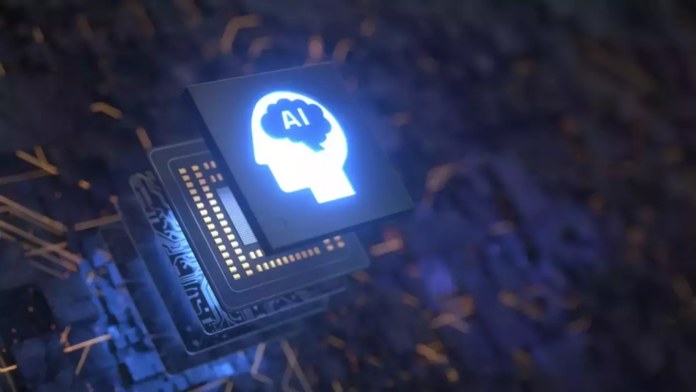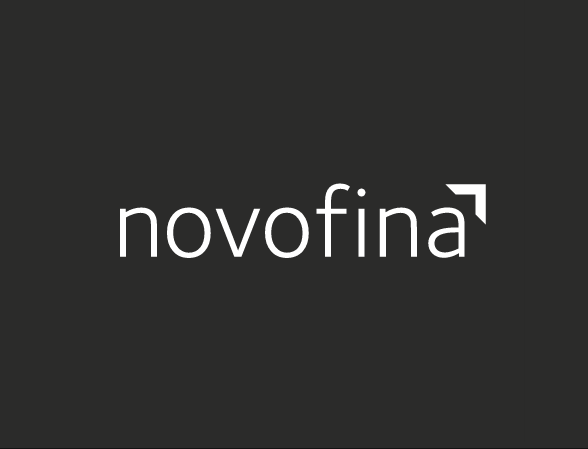In the digital age, personal assistants like Amazon’s Alexa have evolved from playing our favorite tunes to identifying and responding to our emotions. Imagine saying something to your AI, and it understands not just the words but also the sentiment behind them. Enter LAION, a nonprofit intent on making this a reality for every developer.
LAION’s Open Empathic Initiative
LAION, short for Large-scale Artificial Intelligence Open Network, has launched the Open Empathic project. This innovative initiative is all about equipping open-source AI systems with an understanding of human emotions. Christoph Schuhmann, one of LAION’s co-founders, explains that the team identified a noticeable gap in the open-source AI space: a genuine emotional understanding.
Open Empathic’s ultimate goal? To develop AI systems that delve deeper than words. Schuhmann’s vision is for AI to interpret subtle changes in tone, ensuring more genuine and empathetic human-AI interactions.
Crowdsourcing Emotion: How it Works
This ambitious undertaking involves community participation. LAION is actively encouraging people to submit audio clips. These clips will be a treasure trove for AI, helping create chatbots and other tools that can detect human emotions.
What’s the process? Volunteers annotate YouTube clips of individuals speaking. They provide detailed information, such as a transcription, audio description, age, gender, accent, and more. Most importantly, they capture the speaker’s emotional state from a plethora of options like “brisk,” “reflective,” or “engaging.” The mission, as explained by Kari Noriy, an open-source contributor to LAION, is to capture emotions across diverse languages and cultures.
The Bigger Picture
Emotion detection isn’t a new phenomenon. Tech giants and startups alike have been venturing into this realm. Apple and Microsoft, for instance, have made significant acquisitions in the space. The potential applications of emotion-detecting AI span sales, accident prevention, recruitment, education, and even border control. LAION’s dream is to make such technology universally accessible, fostering innovation in fields like robotics, healthcare, and gaming.
However, the science behind emotion detection remains debated. Every person, influenced by their cultural background, might express emotions differently. An emotion like fear in one country might mean something entirely different in another. This complicates the process and raises questions about potential biases, especially considering how these biases have impacted AI in the past. The challenge lies in ensuring accurate and unbiased data representation.
LAION understands this challenge and aims to address it head-on. Schuhmann emphasizes a stringent process for data submissions, ensuring the integrity of contributions. However, there’s always a risk, given the open-source nature of the project.
Open Source: A Double-Edged Sword?
Harnessing the power of AI to recognize emotions is undoubtedly powerful. But like any tool, there’s potential for misuse. Robert Kaczmarczyk, another co-founder of LAION, highlights the importance of making advanced technology accessible to all. Keeping it limited could result in manipulation by the few who control it.
Yet, a fully open approach has its pitfalls. Some uses of AI, especially emotion-detecting ones, have faced significant public backlash and regulatory scrutiny. The challenge for LAION, and for the broader community, is to strike the right balance.
Kaczmarczyk encapsulates this sentiment by comparing Open Empathic to Wikipedia, which thrives on community contributions. He invites researchers to critique, refine, and improve the platform, ensuring it remains transparent and safe.
In Conclusion
AI’s foray into the realm of emotions is exciting. With projects like Open Empathic, the future of AI-human interactions looks promising. It’s a journey, however, fraught with challenges — one that requires careful navigation and widespread community involvement. Only time will tell if AI can truly become an empathetic companion to humanity.












